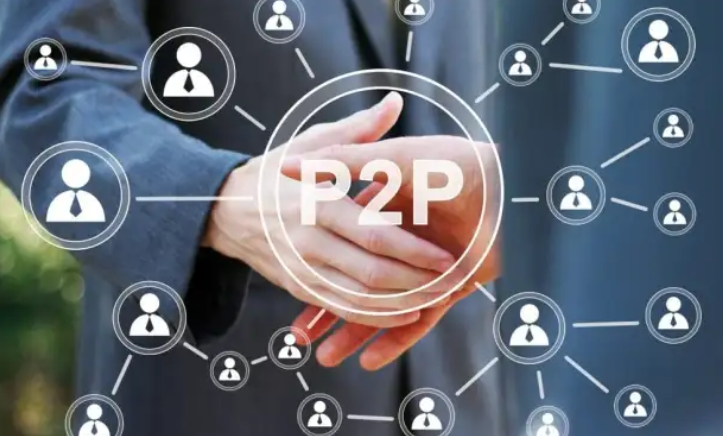
Peer-to-peer (P2P) services are changing the economy in big ways by allowing people to deal directly with each other instead of going through companies or institutions. These services include things like ridesharing, renting out homes, and freelance work. Here’s why Peer-to-peer services are making such a big impact.
Empowerment of Individuals
P2P payment services give people the chance to use their assets or skills to make money. For example, ridesharing services like Uber and Lyft let people earn money by giving rides to others using their cars. This transforms a personal vehicle, which might otherwise sit unused for much of the day, into a valuable income-generating tool. Similarly, Airbnb allows homeowners to rent out their homes or rooms to travelers, turning their extra space into income.
This is particularly effective in areas with high tourist traffic and strong demand for vacation rentals. By enabling direct transactions, these platforms help people become small business owners. This enables them to earn money and exercise more authority over their financial destiny.
For instance, a freelance graphic designer can find clients on platforms like Upwork and Fiverr, setting their rates and choosing projects that fit their skills and interests. This kind of economic empowerment is crucial in today’s gig economy, where traditional job security is often lacking. It also builds a sense of community as people deal directly with each other instead of large companies.
Efficiency and Cost Savings
Peer-to-peer services are often more efficient and cheaper than traditional options. By linking buyers and sellers directly, they eliminate intermediaries, lowering expenses. For instance, freelance websites like Upwork and Fiverr let businesses find skilled workers from around the world without the high costs of traditional hiring. This global talent pool allows businesses to find the exact skills they need, often at lower prices than they would pay locally.
These services also promote competition, resulting in lower prices and improved quality. Because many providers are offering similar services, each one must strive to offer the best value to attract customers. This competitive environment benefits consumers by giving them more choices and better deals.
Customers benefit from lower costs and more choices, while service providers can compete more effectively. For example, someone needing a logo design can compare multiple freelancers’ portfolios and prices before making a choice, ensuring they get the best possible service. Additionally, P2P platforms leverage technology to streamline the process and enhance the experience for all users.
Flexibility and Adaptability
Peer-to-peer services are very flexible and can quickly adapt to what people need. Unlike big companies, these platforms can change fast to meet new demands and use new technology. As an example, food delivery platforms such as Uber Eats and DoorDash have revolutionized the way restaurants interact with customers, allowing them to offer delivery services whenever needed.
This capability proved crucial during the COVID-19 pandemic, as many restaurants depended on delivery services to survive. Additionally, these platforms are well-suited for emerging trends such as the gig economy and remote work.
They offer flexible job opportunities and cater to people looking for remote-friendly places to stay. Freelancers can take on as much or as little work as they want, adjusting their workload based on their circumstances. This adaptability ensures that peer-to-peer services remain valuable and effective in an ever-evolving world.
Fostering Trust and Social Capital
Trust is key in any transaction, and Peer-to-peer services are great at building trust among users. They use reviews, ratings, and verification systems to ensure accountability and transparency. This helps people feel safe doing business with strangers, increasing the number of people who use these services. For example, a host on Airbnb can build a reputation through positive reviews, making it more likely that future guests will choose their property.
Peer-to-peer services also help create meaningful connections between people. Whether it’s carpooling with neighbors or hosting travelers in your home, these interactions build a sense of community and cooperation. In the digital world, P2P platforms help connect online interactions with real-world relationships, enriching the experience for everyone involved. Someone renting a room through Airbnb could meet travelers from various countries, gain insights into different cultures, and form new friendships.
Conclusion
Peer-to-peer services are making big changes in the economy by empowering individuals, increasing efficiency, promoting flexibility, and building trust. As these platforms continue to grow and enter new industries, their impact will keep expanding. By embracing the peer-to-peer model, you can unlock the full potential of these changes and create a more inclusive and dynamic economy for the future. The continued evolution of Peer-to-peer services promises to bring even more innovative solutions that will benefit both individuals and communities, making the economy more resilient and adaptive in the face of change.
